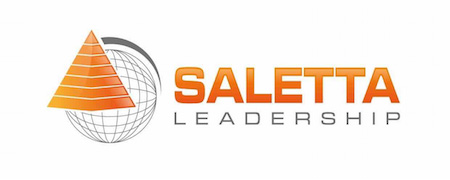Ego In The Workplace

Ego gets in the way of progress, creativity and growth.
I am not talking about confidence – I am referring to the person that operates with an inflated opinion of oneself; and the person that deep down masks their fears with thoughts of “I know best”, “don’t tell me”, or “everyone else is wrong”.
This attitude destroys trust, undermines culture, and stifles progress.
High Ego
Over the years I have coached and trained hundreds of executives that lack the necessary self-awareness of ego. Many cross their arms, lift their chin, and send the message, “go ahead, see if you can teach me…” These same executives criticize their own employees for not wanting to change. So who’s to blame? The executive or the employee?
Surprisingly, our brains are largely to blame. We are wired with a mindset that both safeguards and reinforces our Status. Status refers to the relative importance of ourselves as compared to others.
Everyone’s brain is designed to protect our own well being, while simultaneously responding to the reward of feeling more important than others.
Keeping Your Ego In Check
Dr. David Rock, co-founder of the NeuroLeadership Institute, coined the term SCARF (Status, Certainty, Autonomy, Relatedness, Fairness) to illustrate the drivers of social behavior. Status can be activated by giving someone feedback – ‘feedback for improvement’ stimulates an individual’s threat response, and ‘positive feedback’ stimulates a person’s reward response.
Becoming aware that we are all predisposed to react to Status influences is the first step in keeping our egos in check. Every time ego leads the way, it adversely impacts one’s ability to learn new skills, share information, enhance team collaboration, and accept feedback.
Make a conscious effort to check your ego at the door. Change depends on it.

